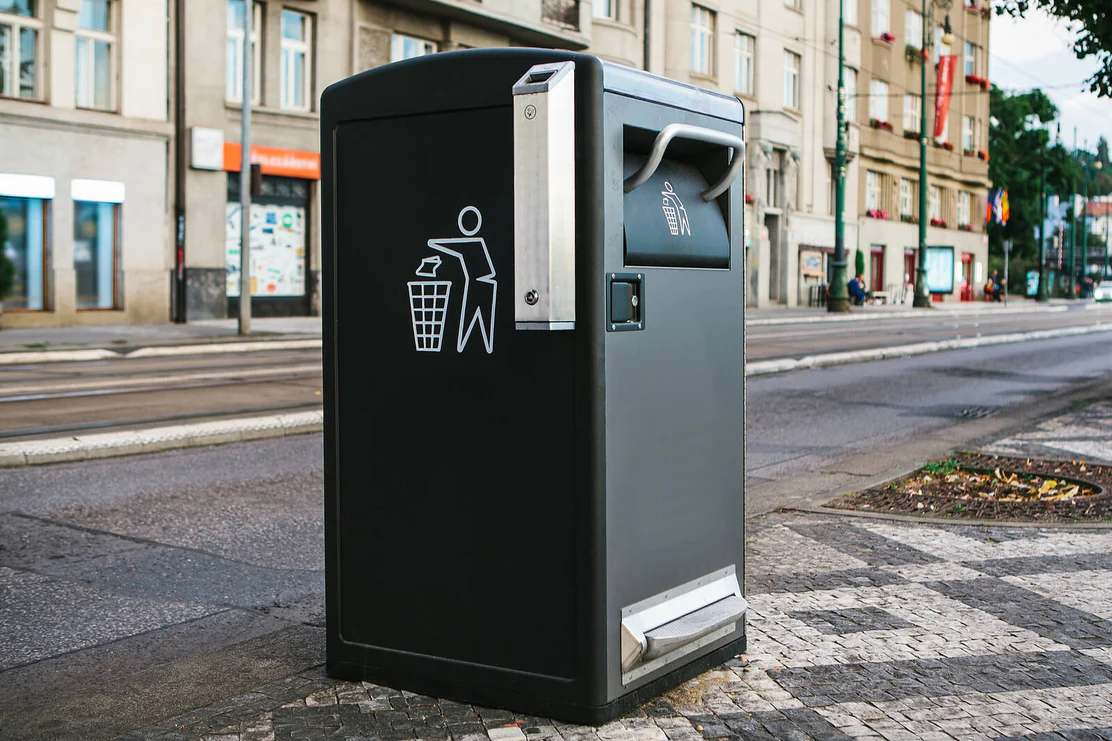Smart Trash Bin Market Future Outlook 2034: Size, Trends, and Share

The global market for smart trash bins and intelligent waste management solutions is a dynamic and fast-evolving arena, where a mix of pioneering pure-play specialists, large diversified industrial and technology companies, and a host of agile startups are all competing to be the leaders in this critical Smart City vertical. The Smart Trash Bin Market Competitive Landscape is, at its most visible and established layer, defined by a small number of pure-play companies that have been the pioneers and are the current leaders of the industry. This top tier is prominently led by the U.S.-based company Bigbelly, whose solar-powered, compacting smart bins have become an iconic feature in many of the world's major cities. Their competitive strategy is to offer a complete, end-to-end, and highly integrated solution that includes the robust and patented hardware, the sophisticated cloud-based management software, and the ongoing support services. Their competitive advantage is their deep, decade-plus of experience in the market, their strong brand recognition, and their large and global installed base of proven deployments, which gives them a high degree of credibility with risk-averse municipal customers.
A second and increasingly powerful front in the competitive landscape is being waged by a diverse group of companies that are focused on a more modular, "retrofit" approach. This segment is populated by a host of innovative Internet of Things (IoT) and sensor technology companies. Their competitive strategy is not to sell a whole new bin, but to sell a small, battery-powered, ultrasonic fill-level sensor that can be easily and inexpensively installed into a customer's existing fleet of trash receptacles. Their value proposition is one of lower upfront cost and greater flexibility. This "sensor-as-a-service" model is highly attractive to customers who have already made a large investment in their existing bin infrastructure and are looking for a more gradual and less capital-intensive path to smart waste management. This is a highly fragmented and intensely competitive segment, with many players competing on the basis of the accuracy and battery life of their sensor, the power of their software platform, and the flexibility of their connectivity options.
The competitive landscape is completed and made more complex by the entry of a number of large, diversified technology and industrial conglomerates. This includes major telecommunications companies who see smart waste management as a key "anchor application" to drive the adoption of their new, low-power IoT networks, such as LoRaWAN and NB-IoT. It also includes the major, traditional waste management companies (like Waste Management, Inc. or Republic Services in the U.S.) who are increasingly looking to vertically integrate and to offer their own, proprietary smart bin technology as part of a broader, technology-enabled service offering to their municipal and commercial clients. This move by the large, established players to enter the market is a major dynamic that is both validating the market and is also leading to a period of consolidation, as these giants are now beginning to acquire the smaller, more innovative startups to accelerate their own technology roadmaps.
Grocery And Pharmacy Point Of Sale Terminal Market
Hard Facility Management Market
High Definition Hd Voice Market
Top Trending Regional Reports -
- Monuments historiques
- Restaurant Traditionnel
- Educaţie
- Mode
- Formation
- Information
- Restaurant
- culture
- تسويق
- Tourisme
- سياحة
- تنمية
- Découverte
- Art
- Causes
- Crafts
- Dance
- Drinks
- Film
- Fitness
- Food
- Jocuri
- Gardening
- Health
- Home
- Literature
- Music
- Networking
- Alte
- Party
- Religion
- Shopping
- Sports
- Theater
- Wellness


